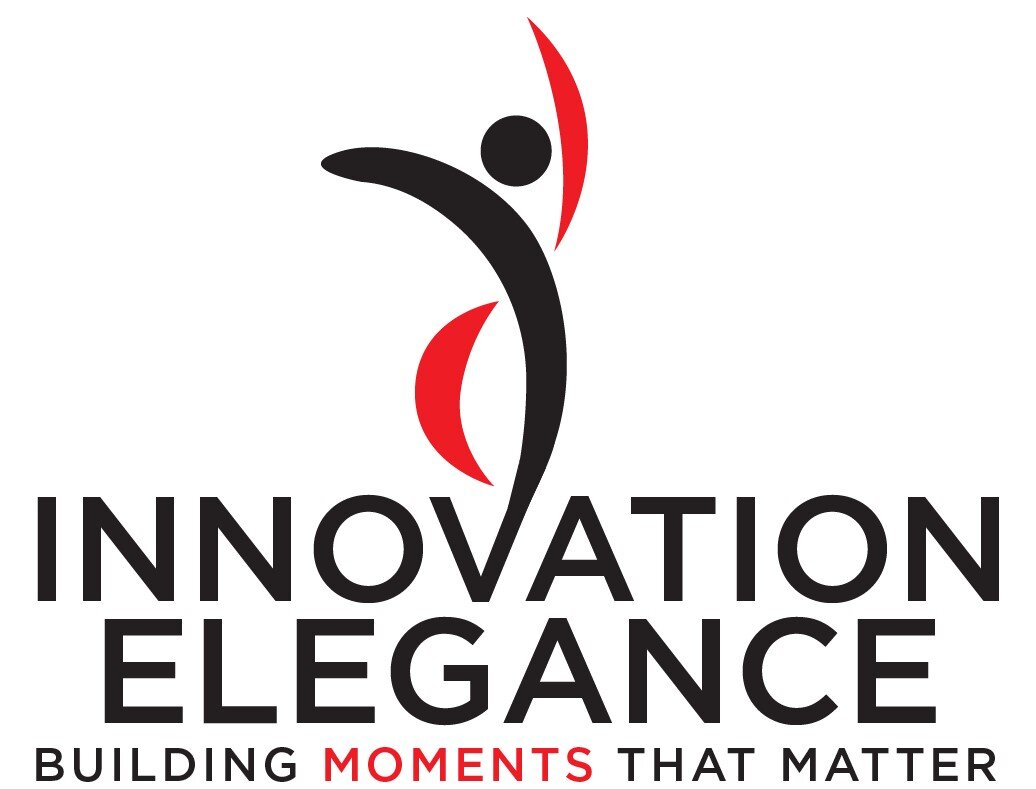Improve Your Culture’s Quality
“No one changes the world who isn’t obsessed.”
Your culture influences your team’s quality. You don’t always have to be a Rolls Royce or Nordstrom, but when you are mindful of all the culture traits that affect your quality, your quality is at its best.
Purpose – know your “why” and ruthlessly keep it in mind
Perfectionism is quality “gone too far”
Attention to detail is good – listening, caring, and serving
Sloppiness is bad – it leads to numerous defects
Self-awareness of your limitations is good; this helps you avoid “boiling the ocean”
Silos undermine quality since they “optimize locally,” fail to consult enough stakeholders, and fail to “optimize globally”
Fairness and pragmatism improve quality. Fairness encourages top talent to compete again. Unfairness and favoritism scare top talent away. Loyalty places too much importance on past performance and undermines quality.
Politics aim for secrecy and power. Both hurt quality and optimize locally.
Principles are public and relinquish power. Both improve quality and optimize globally.
Politics concentrate value. Principles diffuse value among the many.
Authority without accountability hurts quality since decisionmakers might escape penalty for decisions and ethics that hurt stakeholders
Traceability keeps quality high by ensuring every intended part of the customer experience is included in process, people, and technology assets; nothing is wasted, forgotten or orphaned
Fear hurts quality since much of your attention is on yourself not on your work
Franticness is speed based in fear – it leads to numerous defects
Fearlessness improves quality since all your attention is on what you are building
Positive surprises improve quality. Building Moments That Matter require extra love and generosity for the customer.
If you emphasize career security over job security, you are free to make the long-term best decisions for your customer instead of short-term decisions for yourself
Task conflict improves quality. Personality conflict hurts quality. Conflict can help quality but apathy hurts it.
Disagreeing can improve quality. Demonizing others hurts quality.
Emphasizing documentation-outside-email improves quality and durability. Emphasizing meetings and email hurts quality and makes work disposable.
Managing assets with the five verbs improves quality and durability. Managing in other ways dilutes attention from valuable documentation, fosters tribal knowledge, creates Verb Sprawl, and creates disposable work.
Great quality happens when upstream decisions are empathetic, and habits are disciplined. Continually being mindful of these culture traits makes you a Rolls Royce to your stakeholders.
Quality is best when employees know when to compete and know when to collaborate.
When you’re obsessed with these culture traits, high quality is inevitable!


